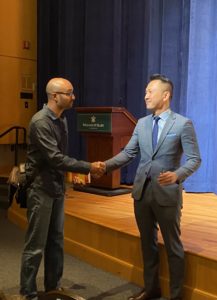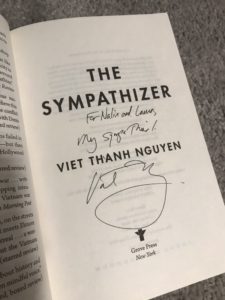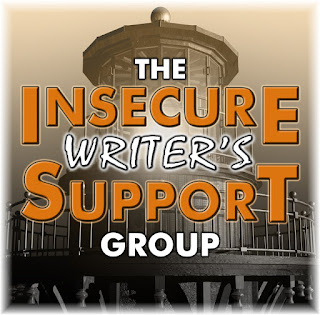One of my favorite podcasts, Hidden Brain, recently released an episode called “Why You’re Smarter Than You Think” which stirred some powerful feelings for me. The interview is with Scott Barry Kaufman, someone who was labeled “backward” as a child and sent through special education programs, but later became a widely respected psychologist on intelligence, working with some of the most prestigious universities in the world.
The episode is a rational and emotional look into how we choose to measure and label “intelligence”, and more particularly how these labels then go on to affect students’ lives from the time they are very young, often becoming self-fulfilling.
The extended problem is then, those who happened to have the qualities to succeed through these artificial filters generally go on to be successful in a society built around them, and naturally harbor the belief that the system must be fair because it worked well for them. And since they generally have the power in the society they were successful in, they both directly and indirectly contribute to reinforcing the system for another generation.
I saw some of these effects first-hand when I taught in an urban public high school in Boston, full time for five years. I don’t think I’ve ever yet been able to fully process and explain the personal transformation and revolution in my worldview that these experiences affected in me. I hope to be able to over time through my writing, but that might be awhile.
In the meanwhile, the tip of the iceberg likely lies embedded in two short stories I wrote during that time period: Remembering Turinam (and my accompanying essay on linguistic colonization) and The Parched Lands. I suppose that’s a start.


